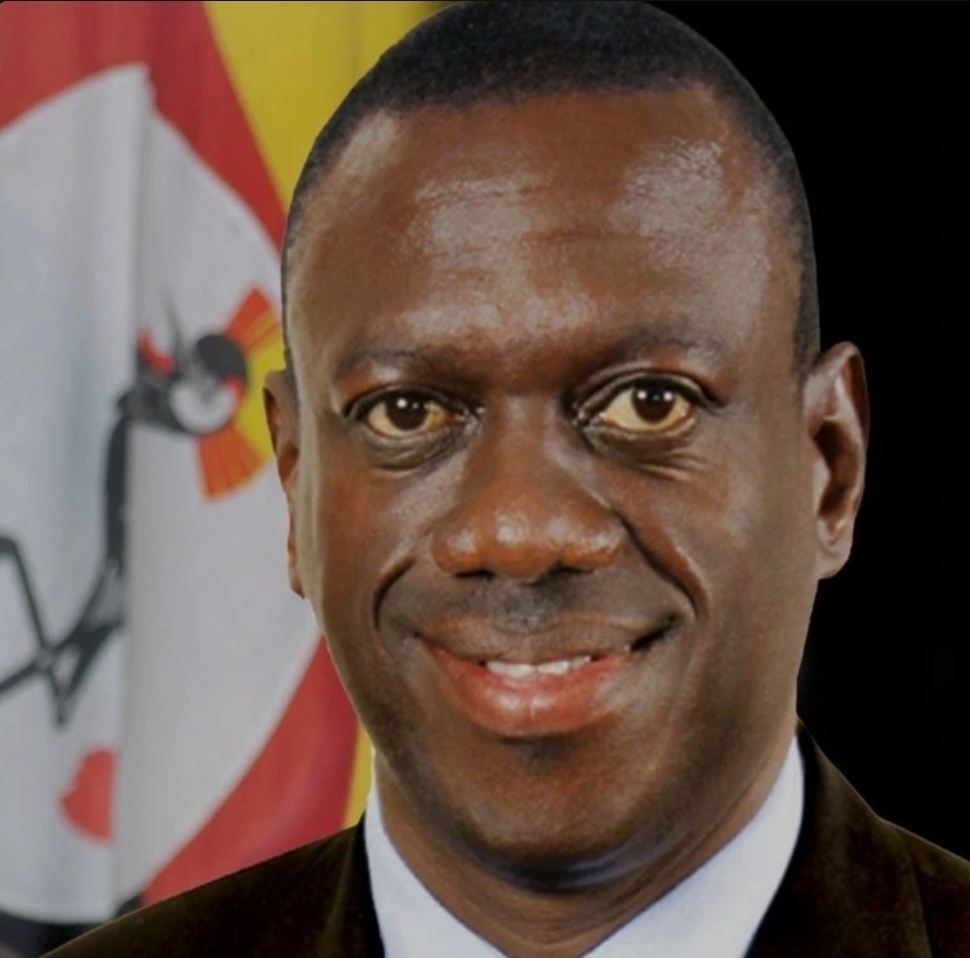From Ballot Battles in 2011 to Internet Blackout in 2016 Uganda’s Shifting Electoral Landscape

Between 2011 and 2016, Uganda’s political environment underwent a dramatic shift marked by intensifying ballot disputes, growing opposition momentum, and unprecedented state control of digital space.
What began as a traditional electoral contest in 2011 evolved into a tightly controlled and digitally censored environment by the 2016 general elections.
The 2011 elections were marred by widespread allegations of vote rigging, voter bribery, and security interference.
Incumbent President Yoweri Museveni, in power since 1986, secured re-election with 68% of the vote.
His main challenger, Dr. Kizza Besigye of the Forum for Democratic Change (FDC), rejected the results, citing extensive electoral malpractice.
The aftermath saw protests dubbed the “Walk to Work” demonstrations, driven by high inflation and public frustration. These were met with violent police crackdowns, mass arrests, and the use of tear gas and rubber bullets, reflecting the state's tightening grip on dissent.
By the time Uganda approached the 2016 polls, the political opposition had grown more organized but also more surveilled.
The rise of digital activism, particularly through platforms like Facebook and Twitter, gave young Ugandans a new space to voice political grievances.
Dr. Besigye, once again the main opposition contender, utilized social media to mobilize support, especially among urban youth.
However, just days before the 2016 general election, the Ugandan government ordered a nationwide social media and mobile money shutdown, effectively blacking out the Internet on election day.
Authorities justified the move as a national security measure to prevent “misinformation and incitement.”
In reality, the blackout limited opposition communication, restricted live reporting, and raised international concerns over press freedom and transparency.
The 2016 elections, which saw Museveni declared winner with 60.7% of the vote, were criticized by local and international observers for lacking fairness and credibility.
Besigye was arrested multiple times both during and after the electoral process.
He later declared himself the “people’s president” and held a mock swearing-in ceremony, which led to treason charges.
This five-year period exposed the growing tension between state power and democratic participation in Uganda.
From the ballot battles of 2011 to the digital blackout of 2016, it became clear that elections in Uganda were no longer just fought at polling stations but also in the streets, on social media, and within the tightening sphere of state control



0 Comments